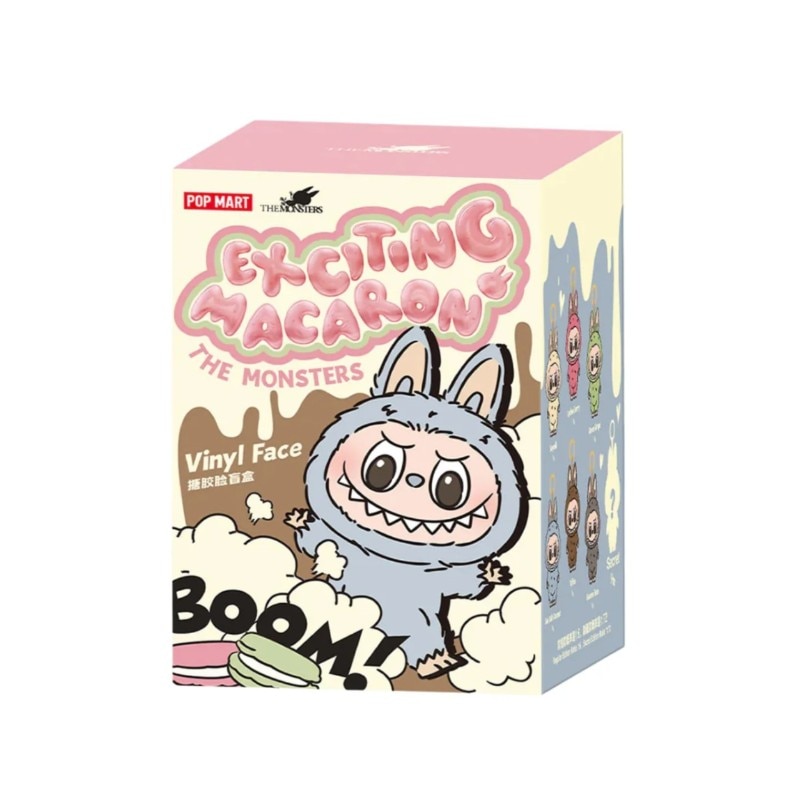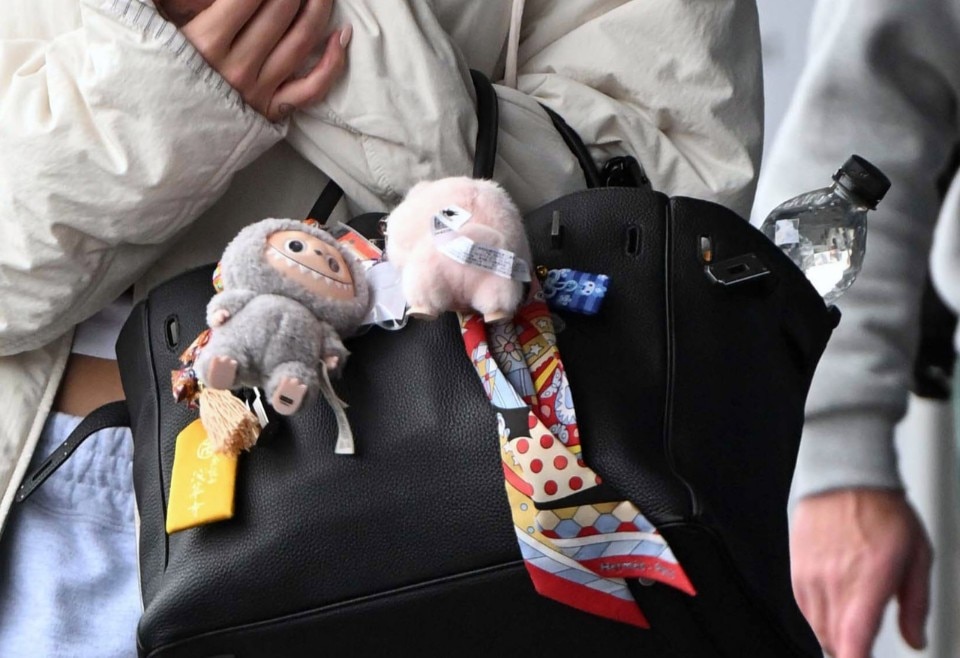“Influenced by TikTok, I’m opening my blind box.” That is how many TikTok videos begin: the camera zooms in on a sealed box, slowly and almost ceremonially opened, then shifts to the face of the person unboxing it. Next comes a reaction—surprise, joy, or disappointment—over a tiny kawaii-style puppet destined to fill shelves, desks, or social media profiles.
The kawaii aesthetic—characterized by pastel colors, exaggerated proportions, big eyes, and childlike features—emerged in Japan in the 1970s and 1980s and has since become one of the most recognizable and pervasive visual styles in contemporary pop culture. In some cases today, it has taken on a more ambiguous form—still surreal but with a slightly unsettling edge.

Inside blind boxes, you might find Sonny Angel and Labubu—the most popular—Skullpanda, Sylvanian Families, Monchhichi, Hirono, but also more familiar, not strictly kawaii names like The Powerpuff Girls or Hello Kitty.
These are gadgets, often released in special, limited-edition series. Each collection usually includes ‘secret’ characters that are harder to find. They are traditionally collected but often carried around—attached to bags or laptops. There are even clear display cases to keep them safe.
Among them, Labubu puppets are the most recognizable: furry creatures with bunny ears and a smile that for some is wistful, for others mean. Just a few days ago, crowds queued for hours in Milan to grab the latest releases—a phenomenon that is echoing worldwide.
@larissa_gamba Tutti pazzi per Labubu🤣 #milan #labubu ♬ suono originale - larissa_gamba
Originally created by Hong Kong illustrator Kasing Lung, Labubu first appeared in his picture books and were turned into puppets in 2019 by Pop Mart, China’s leading company in the designer toy industry. But it was not until 2024, when Blackpink’s Lisa showed them to her millions of followers, that Labubu became a true cult item—even beyond K-pop fandoms. There are also the Sylvanian Families, small anthropomorphic, rodent-like creatures; the Monchhichi, an iconic 1980s character that has managed to reinvent itself for younger generations; the Skullpanda, dark and enigmatic figures created by the Chinese artist of the same name; and finally, the Hirono, creatures that combine kawaii features with more minimalist and abstract design elements.
In this explosion of miniatures, childhood and collecting blur together—where the line between sentimental impulse and compulsive behavior becomes increasingly hard to draw. The unboxing ritual on social media fuels a collective dynamic: people trade duplicates, line up outside stores, and hunt for rare pieces on platforms like Vinted—always checking authenticity codes to avoid dupes—unofficial, cheaper copies.

The blind box itself becomes an object of desire—not just for what it is inside, but for the expectation it creates, the thrill of luck, the fleeting moment of suspense before opening it. After all, the idea of an anonymous box hiding a surprise goes well beyond the current puppet craze. In Berlin, not far from the new Amazon tower designed by Domus guest editor Bjarke Ingels, a vending machine “redistributes” unclaimed or lost packages in the form of “mystery boxes”.
According to the Pop Mart team—the company behind the production of Labubu, Hirono, Skullpanda, Molly, Pucky, and The Monsters—it is precisely this mix of aesthetics, collecting, and ritual that explains the brand’s success.
“There is a strong appreciation for the artistic value and originality of each piece, especially in Europe,” they explain. However, it is the community work that keeps the phenomenon alive: “From unboxing videos to customized figures, our fans amplify the emotional connection between the characters and the global audience. They create trends, introduce puppets to new fans, and promote spaces for creativity and self-expression. Their feedback helps us grow, evolve, and stay closely connected to the beating heart of what makes our designer toys meaningful.”
Opening image: Dua Lipa wears Labubu. Photo Dua Lipa Hungary @dlipahungary da X




